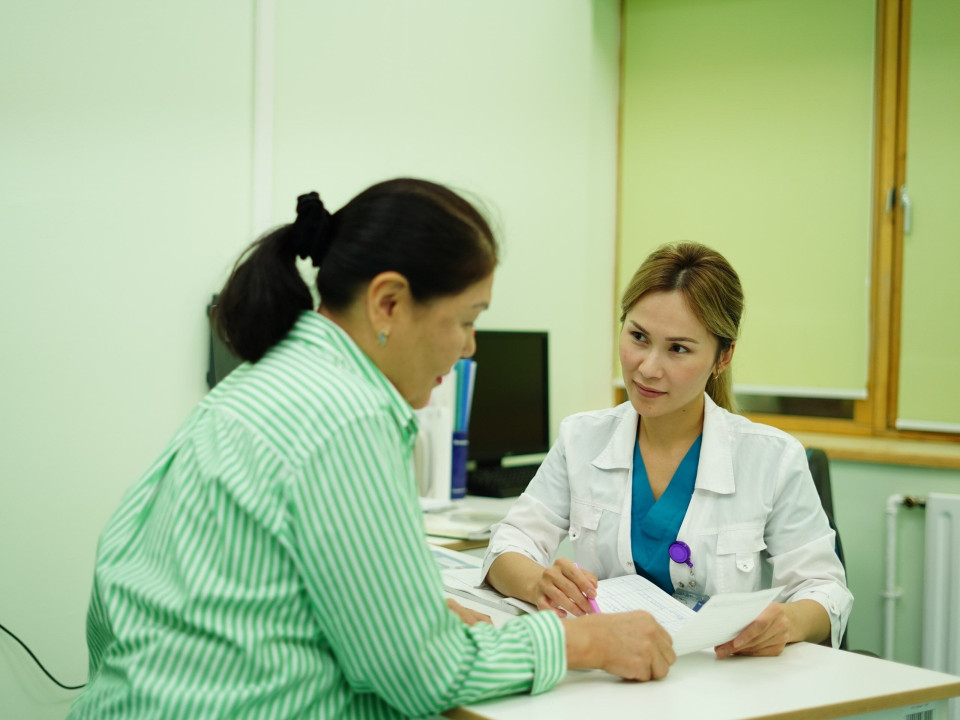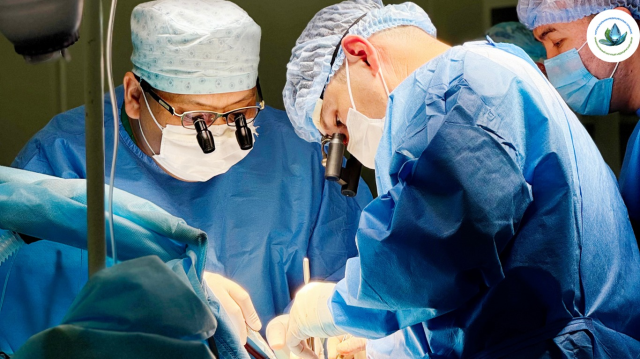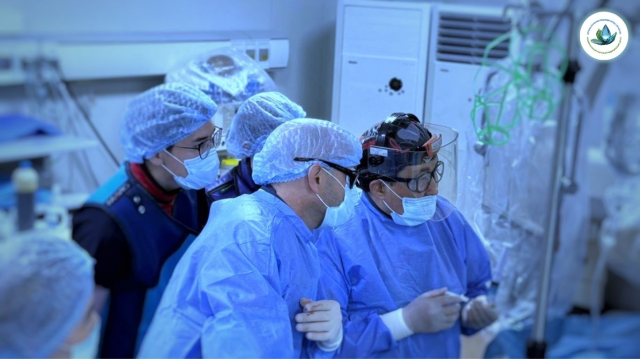A gynecologist is a doctor who deals with the diagnosis, treatment and prevention of diseases of the female genital area. Its task is to preserve and restore the normal functioning of the female reproductive system.
Gynecological diseases are insidious. Very often they occur without any symptoms, but they can cause serious health problems for a woman and even an obstacle to her ability to become a mother.
The Center provides timely diagnosis and successfully treats various gynecological diseases.
What symptoms should I contact a gynecologist with?
You should not postpone a visit to a gynecologist if:
- You are worried about itching, burning, discharge with an unpleasant odor, pain in the lower abdomen.
- Menstruation is accompanied by severe pain syndrome. Its duration exceeds 7 days. Monthly periods are plentiful, or, conversely, scarce.
- You notice a violation of the nature and duration of menstruation. The cycle is broken.
- Spotting occurs during the intermenstrual period.
- You experience pain or other unpleasant sensations during sexual contact.
- There are no periods during regular sexual activity.
- There is a burning sensation during urination.
- In the genital area, there are scuffs, roughness, some neoplasms, painless or accompanied by unpleasant sensations.
- After unprotected sexual contact.
- For the proper selection of contraceptives.
- At the first signs of menopause and vegetative-vascular manifestations.
The doctors of the Center recommend not to postpone the visit to the gynecologist if you find yourself with one or more of the symptoms that we talked about. Some inflammatory diseases in the acute phase require urgent care. Any ailments respond faster to treatment if it was started in a timely manner.
What diseases are treated by a gynecologist
- Salpingitis (inflammatory process in the fallopian tubes).
- Endometritis (damage to the inner layer of the uterus).
- Various diseases of the cervix (erosion, presence of polyps).
- Endometriosis.
- Ovarian cysts.
- Uterine fibroids.
- Gynecological injuries. Carries out the prevention and treatment of diseases caused by injuries to a woman's genitals.
At the gynecologist's appointment
• At the appointment, the gynecologist will find out what is bothering you. He will listen to you carefully, ask additional questions, and examine the symptoms of the disease. Be ready to talk about the menstrual cycle (keeping a special calendar helps), sexual intercourse, the nature of secretions, pain and other pathological conditions.
• During the appointment, the doctor usually performs a gynecological examination. He examines the external genitalia, evaluates the condition of the vagina and uterus with the help of gynecological mirrors, conducts a bimanual examination to assess the condition of the appendages, uterus and surrounding organs.
• A gynecologist can take swabs: gynecological (it is called a "vaginal cleanliness smear"), an infection test, a PAP smear (to identify precancerous conditions).
• If necessary, he will send you for tests. After that, he will make a diagnosis and choose the best treatment methods.
• It is recommended to visit a gynecologist at least twice a year, even if there are no complaints. Various types of infectious and tumor diseases pass without pronounced symptoms, but the consequences can be the most serious.
Tips from the Center's specialists:
Visiting a gynecologist requires compliance with certain rules. It is better to make an appointment with a gynecologist in the second phase of the menstrual cycle (after day 20, starting from the first day of the last menstruation).
1-2 days before the expected visit to a specialist, give up various intimate sprays and gels, you do not need to douche. Take the results of previous studies (tests, ultrasound results, and others) to a doctor's appointment, this will help to make the correct diagnosis faster.
The gynecologist may prescribe the following studies:
• Tests for the presence of infectious diseases.
• Studies that help determine the presence of antibodies to bacteria/viruses.
• General blood/urine analysis, biochemical blood analysis.
• Analyses that allow us to conclude about the work of the endocrine system.
• Hormonal and genetic research.
• Immunological examination.
Make an appointment with a gynecologist
You can make an appointment with a gynecologist by calling +7 7172 57 74 40, +7 702 094 77 71










